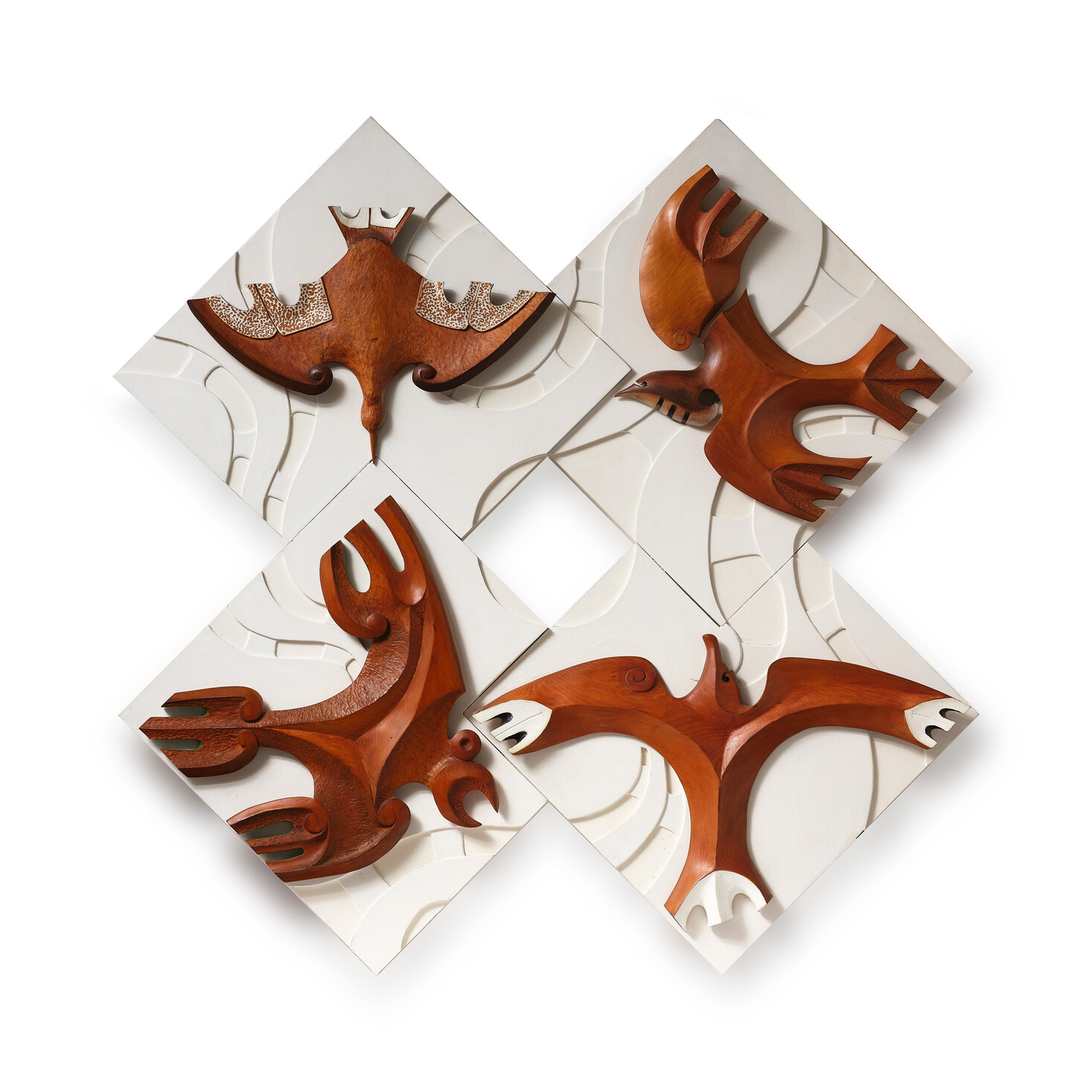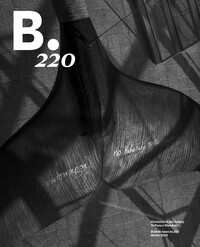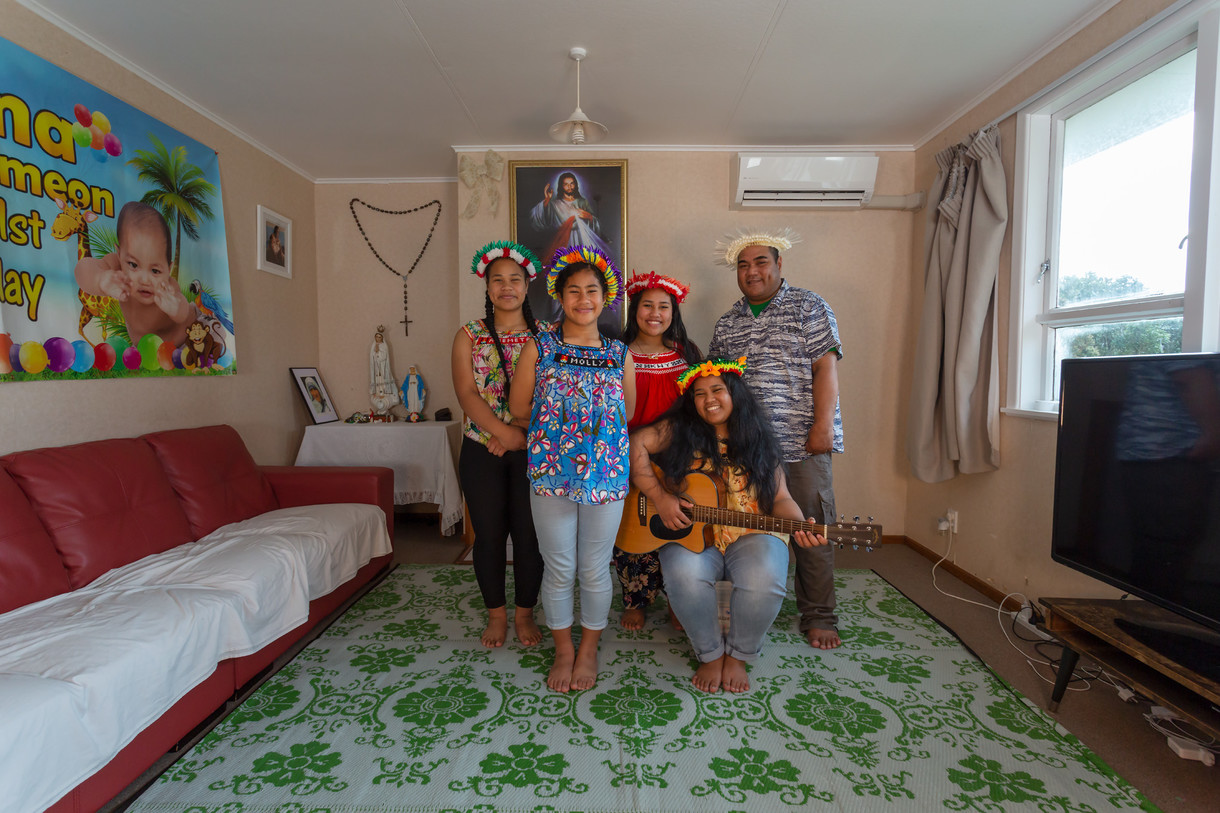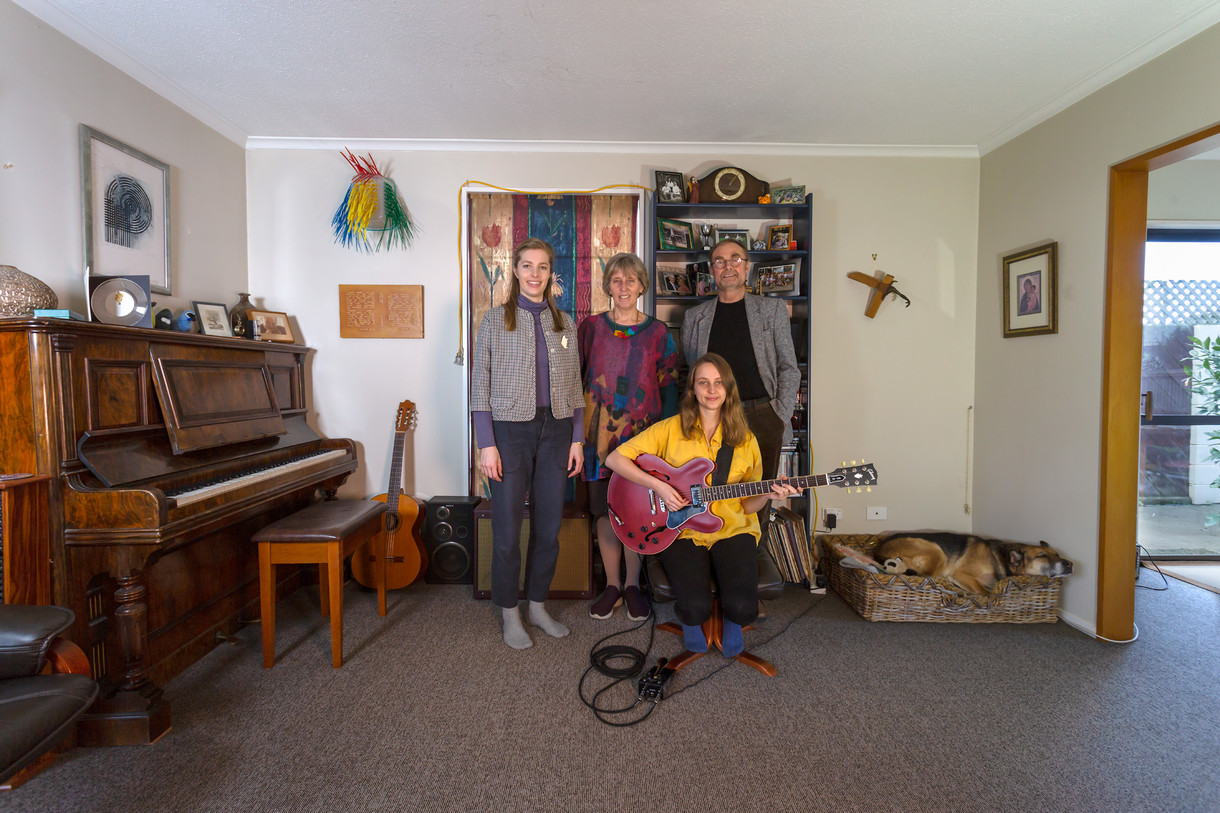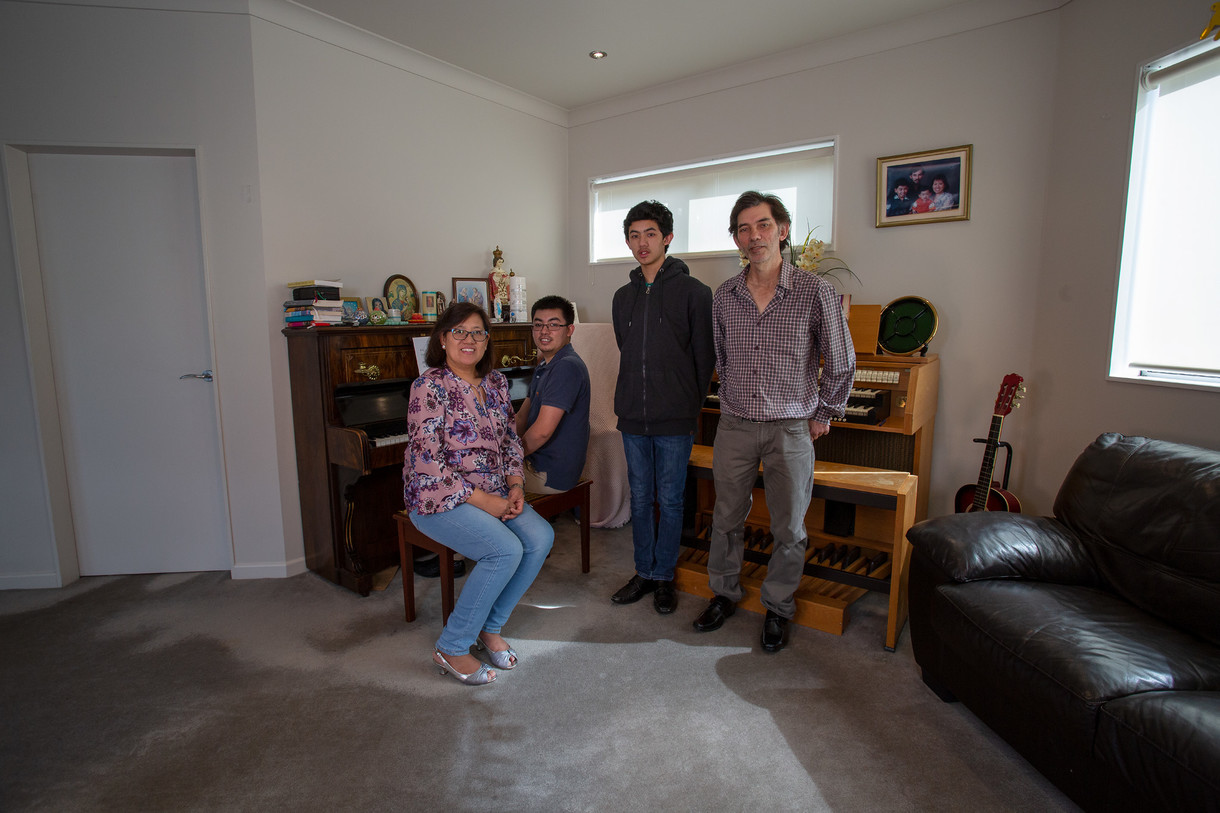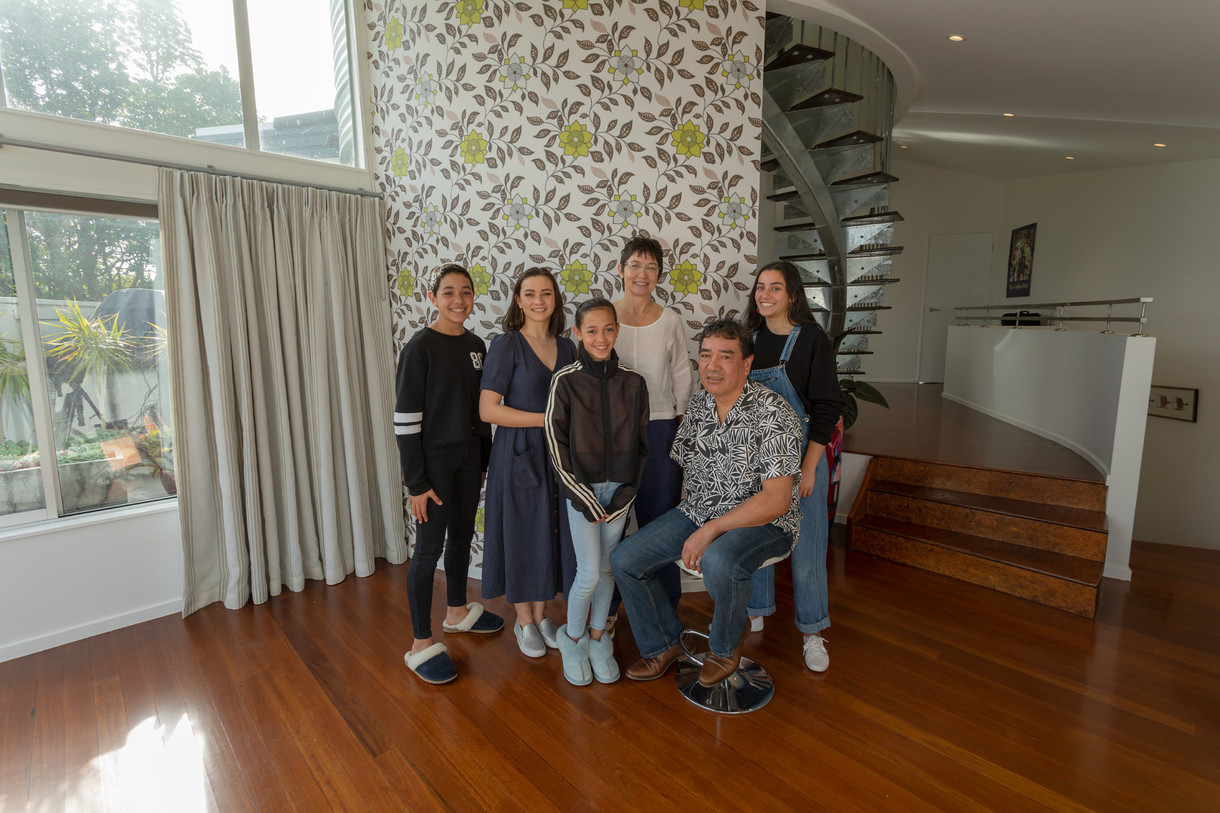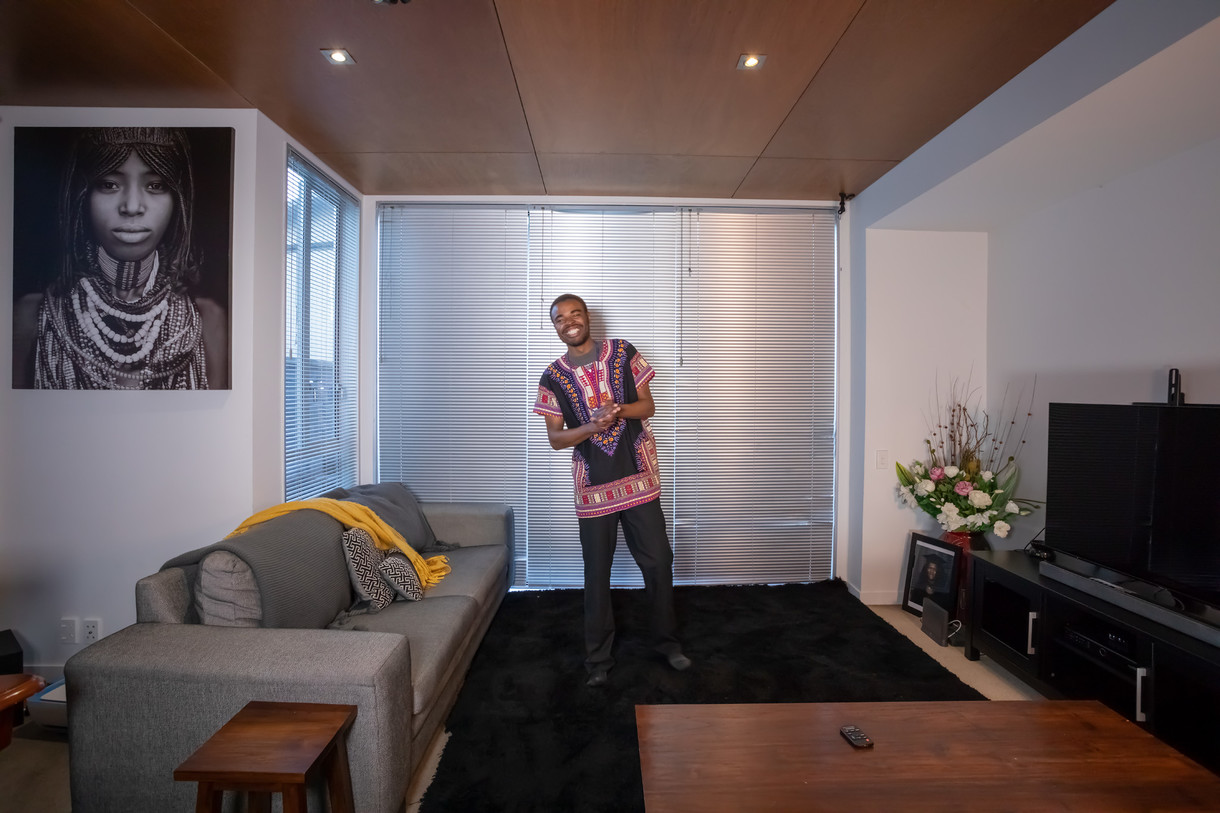Kā Kaupapa o te Wā
What’s On
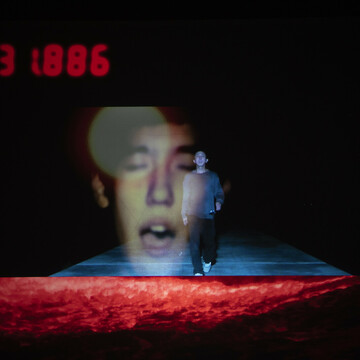
Disruptive Landscapes: Contemporary Art from Japan
Quietly powerful and immersive video works revealing the politics behind our view of landscape.

John Vea: Ini Mini Mani Mou
Powerful new work examining the complexities of the immigration process in Aotearoa New Zealand.
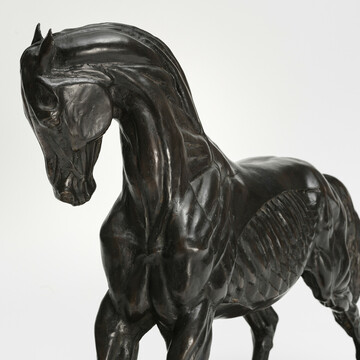
Dear Shurrie
The art, influence and friendships of sculptor and teacher Francis Shurrock
E tuwhera ana te wharetoi i kā rā e 7 o te wiki, 10am - 5pm
Ka tuwhera ki te 9pm i kā pō Wenerei
Open 7 days, 10am - 5pm
Late night Wednesday until 9pm
Uruka utukore, ahokore utukore
Free entry, free wifi
